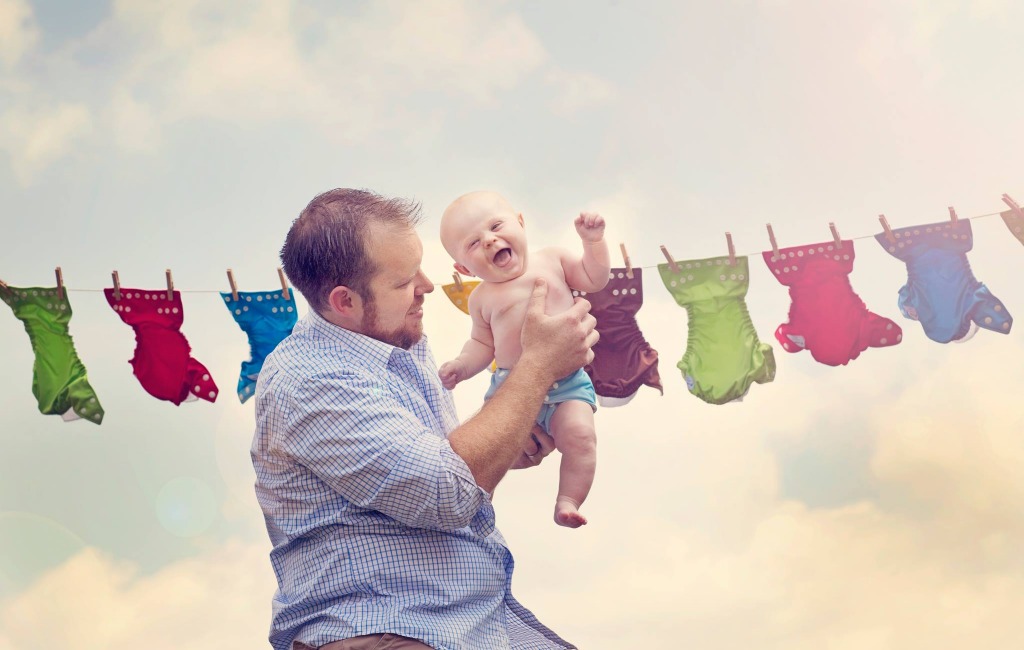FuzziBunz Washable Diapers
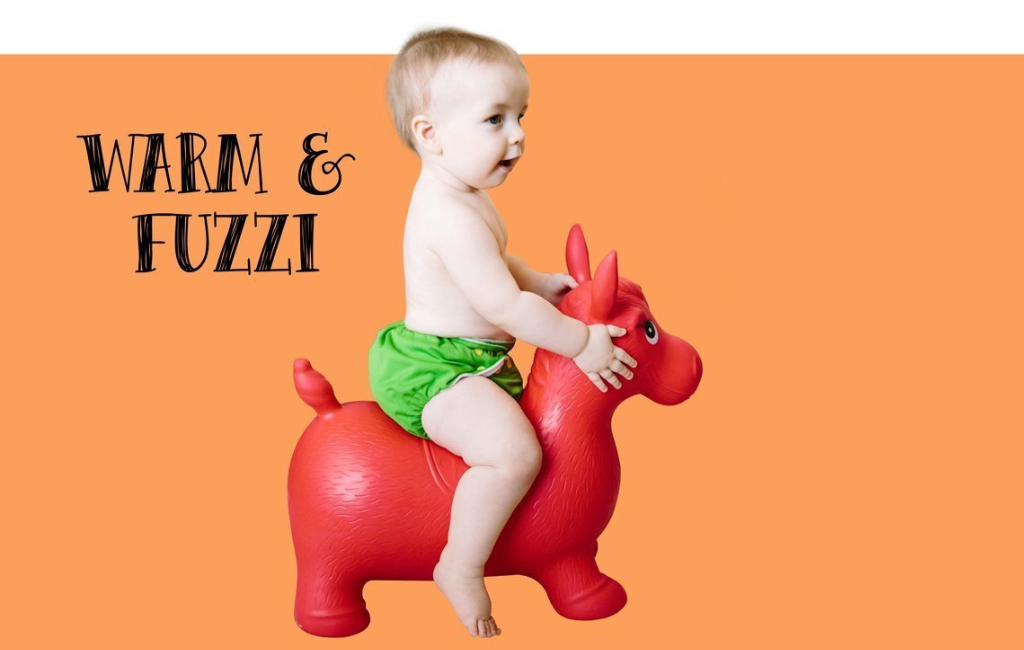
NO DEAL
EPISODE SUMMARY
🕓 Air Date: September 28, 2012
Asking For:
$500,000 for 15%
Investor:
No Deal
Deal:
No Deal
PRODUCT SUMMARY
FuzziBunz Diapers offers reusable pocket-style diapers designed to be eco-friendly, saving parents money and providing comfort for babies.
WATCH HERE
IN A RUSH?
Click these to jump to the section you want to read.
Background Story
Tereson Dupuy, the founder and CEO of FuzziBunz Diapers, entered the Shark Tank seeking a $500,000 investment in exchange for a 15% equity stake in her company. She highlighted the environmental impact of disposable diapers, emphasizing the need for a solution. Having experienced the challenges of disposable diapers firsthand with her own child 12 years ago, Tereson set out to create a better alternative.
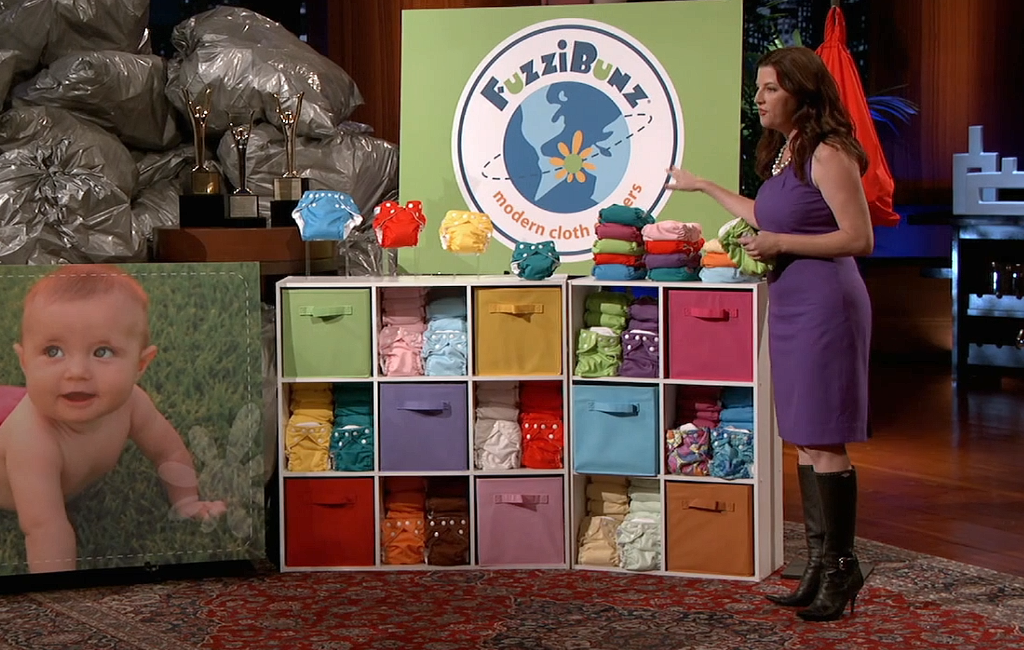
Her motivation stemmed from the staggering statistic of one ton of garbage produced by a single baby in disposable diapers by the time they’re potty-trained. FuzziBunz Diapers was born out of her desire to provide parents with a sustainable, cost-effective, and comfortable diapering option.
The Product
FuzziBunz Diapers are pocket-style cloth diapers designed to reduce waste and provide comfort for babies. Each diaper features a pocket in the back where a microfiber pad can be inserted. The lining is made of polar fleece, ensuring that even when the pad is wet, the baby’s skin remains dry, reducing the risk of diaper rash. The exterior is waterproof, keeping everything securely in place.
When it comes time to clean the diapers, Tereson explained a simple process. Solid waste can be disposed of in the toilet, while a diaper sprayer is provided for rinsing off any remaining residue. The diapers can then be unzipped and placed directly into the washing machine, including the bag, keeping hands clean and mess-free.
FuzziBunz Diapers offer numerous benefits to parents, including significant cost savings. With only 12 FuzziBunz diapers needed compared to the thousands of disposable diapers typically used, parents can save over $2,500.
Additionally, the reusable nature of the diapers contributes to reducing environmental waste, as disposable diapers take centuries to decompose in landfills. The comfort and rash-free experience provided by FuzziBunz Diapers further enhances their appeal to parents seeking a sustainable and gentle option for their babies.
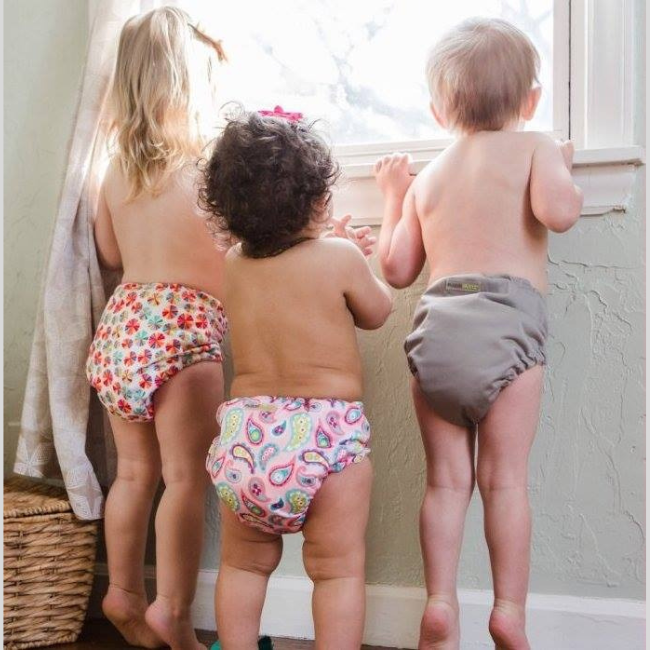
How It Went
The company’s position before Shark Tank
FuzziBunz Diapers has achieved substantial sales success, with $3.9 million in sales the previous year and a total of $24 million in sales to date, primarily through word-of-mouth marketing. Despite this success, the company faced challenges, including manufacturing issues and intellectual property (IP) infringement. Tereson revealed that a distributor in Hong Kong had taken her product and patterns, leading to direct competition and legal battles.
The company primarily sells through internet sites and boutique stores, with no presence in big-box retail outlets. Profit margins have been affected by manufacturing problems, with only $20,000 in profit generated from $3.9 million in sales due to overseas manufacturing issues. Tereson acknowledged the need for stronger IP protection and legal action to combat infringement and regain market share.
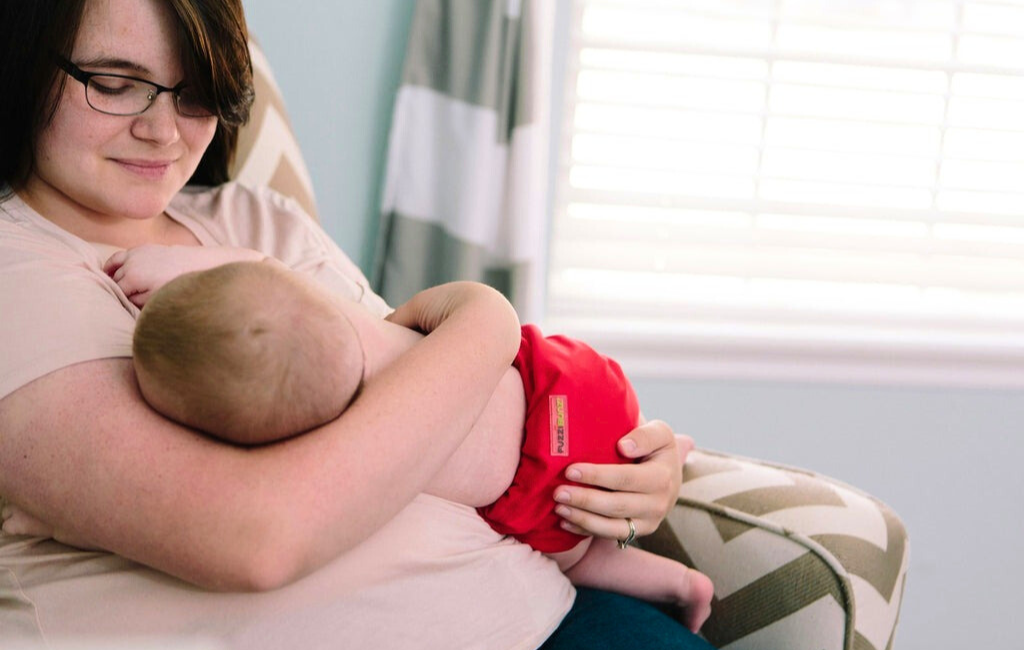
Funding has been a challenge for FuzziBunz Diapers, with the company seeking additional investment to address manufacturing issues, expand distribution channels, and strengthen legal protections. Despite these challenges, Tereson remains committed to the company’s vision and is determined to overcome obstacles to further growth and success.
The Negotiations:
The negotiations in the Shark Tank did not result in a deal for FuzziBunz Diapers. Tereson Dupuy faced tough questions from the Sharks regarding her company’s performance, particularly regarding profit margins and intellectual property issues. Despite impressive sales figures, the low profitability raised concerns among the Sharks about the company’s sustainability and ability to address manufacturing challenges.
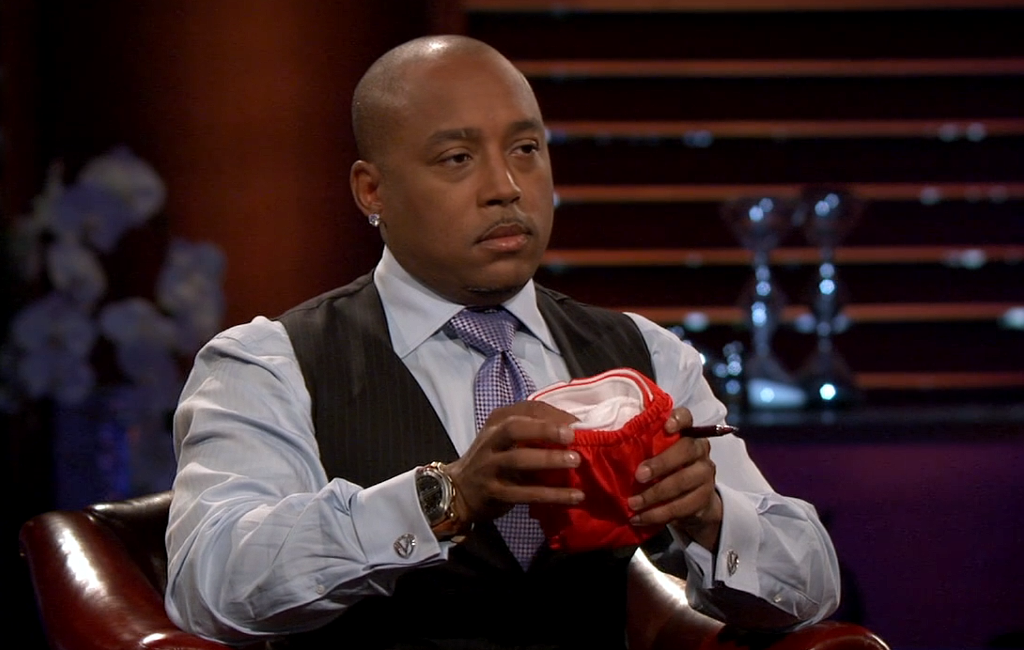
Tereson’s revelation about IP infringement and ongoing legal battles further complicated negotiations, with some Sharks expressing skepticism about the company’s ability to compete effectively in the market. While Tereson remained resilient and determined to overcome obstacles, the Sharks ultimately decided not to invest, citing concerns about the company’s profitability, legal challenges, and the competitive landscape.
Although no deal was made, Tereson expressed gratitude for the Sharks’ honesty and insight. She acknowledged the need to address IP infringement issues and vowed to continue fighting for her company’s success. Despite the setback, Tereson remains optimistic about the future of FuzziBunz Diapers and is determined to overcome challenges to achieve growth and profitability.
